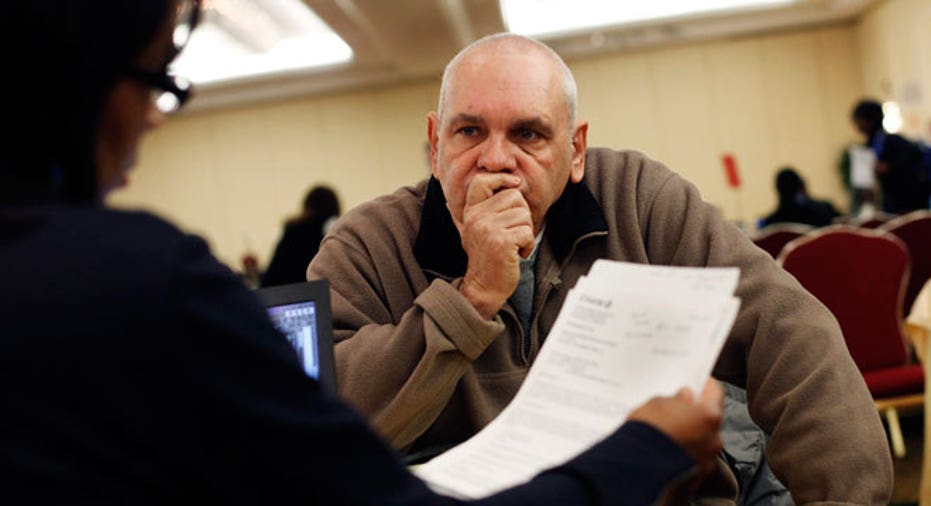Tips for Self-Employed Homebuyers Navigating the Mortgage Process

Getting a mortgage is tough enough these days, but the battle is even more tough for self-employed home seekers.
“In today’s challenging credit market, for people who are trying to qualify for a mortgage, the borrower that seems to be scrutinized the most are the self-employed/ sole proprietor,” says Tony Auffant, senior mortgage planner at Benchmark Lending in Melville, N.Y.“When it is most usual for financial professionals to advise the self-employed to write off as much of their expenses as possible in order to show less income on their taxes, this reduces the taxable income needed to offset liabilities, such as a mortgage payment.”
To help self-employed buyers better navigate the mortgage application process, experts offered the following tips and mistake to avoid.
Mistake: Not showing enough income
One of the benefits of being self-employed are the many tax deductions to lower taxable income. While that means you’ll pay less taxes it also means you’ll show less net income, which can hurt your chances of getting a mortgage. “If you take too many deductions you will leave yourself with too little income on paper to pay that mortgage,” warns Bob Walters, chief economist at mortgage lender Quicken Loans in Detroit. “If you can’t show it, it doesn’t count.”
Mortgage experts suggest meet with your accountant to figure out the right mix of deductions and income to allow you to meet lending standards for a good rate. “Maybe you’ll have to take fewer deductions for a few years and pay a little more taxes to have the income to qualify for the home,” says Patti Frank, vice president at American Mortgage Group, a mortgage firm in Southampton, N.Y. Another option is to buy a lower-priced home that doesn’t require as much income.
While they are far and few between, Frank says there are still some lenders that will work with self-employed borrowers and issue loans without verifying the income. In that instance, you’ll need someone well versed in those kind of loans to sell you to the bank, says Frank. “It’s not going to happen for a lay person walking into the bank trying to get that type of loan,” she says.
Mistake: Not being self-employed for two years
In order for self-employed homebuyers to get a mortgage, lenders tend to require at least two years of self-employment. If you don’t have the two years, you’ll be required to provide the lender a net profit, with a current year-to-date profit and loss statement as well as the most recent year’s self-employed income tax returns, according to Auffant.
The mortgage application process is filled with paper work, but even more so for self-employed individuals. “The documentation is more arduous than with a W2 borrower,” says Walters. “It can become pretty intense from a documentation standpoint.”
Mistake: Not being able to document large cash deposits
A self-employed person’s income can often times come in monthly, or bi monthly which means they are usually making large but irregular deposits in the bank. While that’s ok if it’s part of the income the person claims comes tax time, it could cause a problem if an undocumented deposit of a large amount of money is made during the mortgage approval process.
“Any deposits going into a borrower’s bank account has to be part of their regular income or match what is common or usual activity in that account,” says Auffant.



















